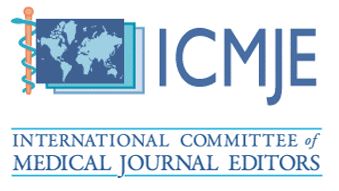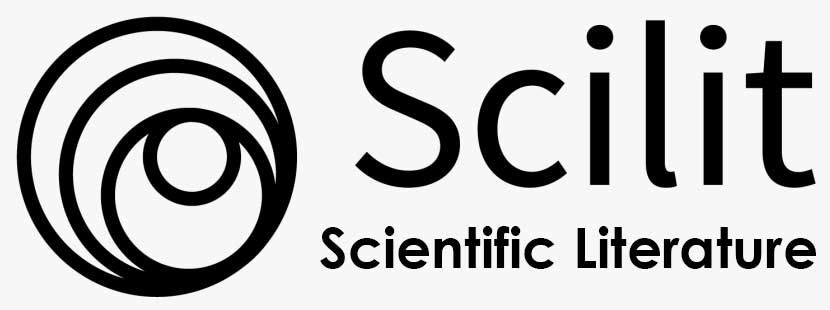The Fixed Oil from the Fruits of Pequi, Popularly Used as An Antiparasitic, has No Activity Against Strains of Leishmania Infantum
José Weverton Almeida-Bezerra1*, Cláudio Gleidiston Lima da Silva2, Racquel Oliveira da Silva Souza2, Maria Elizete Machado Generino1, Luciano Temoteo dos Santos2, Viviane Bezerra da Silva1, Mikael Amaro de Souza1, Nathallia Correia da Silva1, Ariston Oliveira Magalhães Filho3, Maria Ivaneide Rocha1, Valdilia Ribeiro de Alencar Ulisses1, Mariana Ferreira da Cruz1, Henrique Douglas Melo Coutinho1 and Maria Flaviana Bezerra Morais-Braga1
1Universidade Regional do Cariri, Crato, CE, Brasil
2Universidade Federal do Cariri, Barbalha, CE, Brasil
3Faculdade de Juazeiro de Norte, Juazeiro do Norte, CE, Brasil
*Corresponding Author: José Weverton Almeida-Bezerra, Universidade Regional do Cariri, Crato, CE, Brasil.
Received: August 17, 2022 Published: September 01, 2022
Abstract
The fruit of the “pequi” (Caryocar coriaceum Wittm.) is popularly used for the treatment of infectious and parasitic diseases. Chemically, the fruit is rich in oils consisting mainly of saturated and unsaturated fatty acids. In this study, C. coriaceum fixed oil was evaluated for its activity against Leishmania infantum strains. Ripe fruits were collected in the municipality of Jardim (Ceara , Brazil) and subjected to cooking in a similar way to the production of extractive oil. After obtaining the oil, the product was evaluated at concentrations of 1,024 and 8,192 µg/mL against promastigote forms of Leishmania infantum (C8) strains for 24, 48, and 72 h. After growth, viable cell counts were performed in a Neubauer mirror chamber. At the end of the experiments, the results were subjected to a one-way analysis of variance followed by the Tukey test. Median inhibitory concentrations (IC50) by non-linear regression analysis were also calculated. It was demonstrated that C. coriaceum oil has no leishmanicidal effect at concentrations of clinical relevance since its IC50 was 7,300 µg/mL in 24 h of exposure. Although the 8,192 µg/mL oil treatment inhibited the growth of L. infantum promastigotes within 72 h, the concentration is clinically irrelevant. Despite the ethnomedicinal use of fixed oil from the fruits of C. coriaceum being used for the treatment of infectious and parasitic diseases, this study demonstrated that this product is ineffective at concentrations of pharmacological interest against strains of L. infantum.
Keywords: Leishmaniasis, Chapada do Araripe, in vitro, Caryocaraceae.
Citation: Almeida-Bezerra JW, da Silva CGL, Silva Souza RO, Generino MEM, dos Santos LT, da Silva VB, de Souza MA, da Silva NC, Filho AOM, Rocha MI, de Alencar Ulisses VR, da Cruz MF, Coutinho HDM, Morais-Braga MFB. “The Fixed Oil from the Fruits of Pequi, Popularly Used as An Antiparasitic, has No Activity Against Strains of Leishmania Infantum” SVOA Microbiology 2022, 3:4, 53-58.











